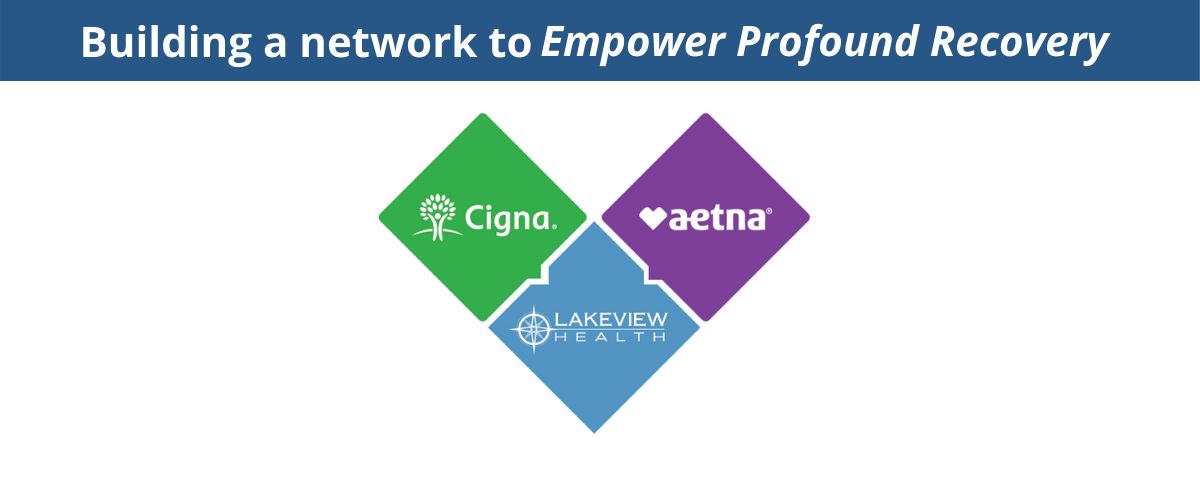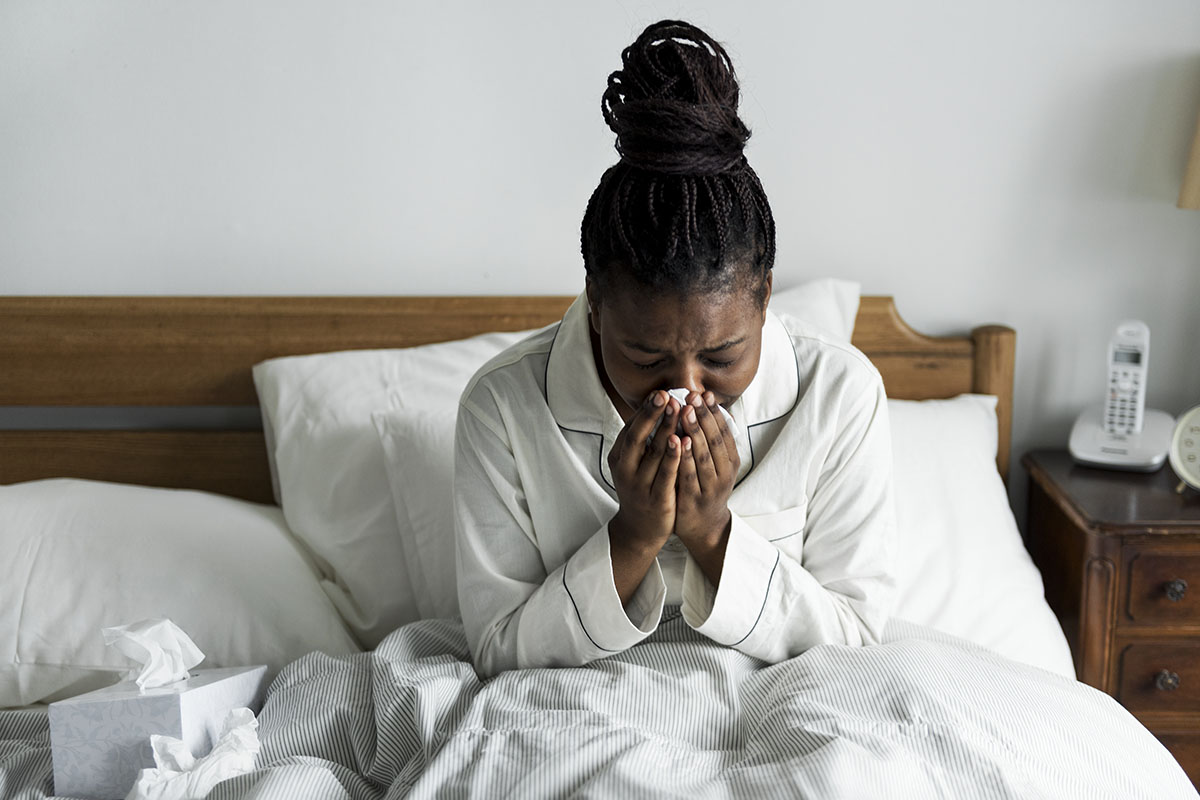The number of opioid-related deaths continues to rise in Chicago. In response, Mayor Rahm Emanuel announced new plans in July to intensify the city’s efforts to combat the epidemic and increase access to addiction treatment. “The opioid epidemic is destroying families across the United States, and Chicago is no exception,” Emanuel said in a statement. “In Chicago, we are combating this epidemic head-on, finding new ways to invest in communities, save lives, and beat addiction.” With this latest measure, the city will provide $700,000 to fund opioid addiction treatment for one thousand Chicago residents in 2017. The funds will be shared among several community organizations and will be distributed through the Public Health Institute of Metropolitan Chicago (PHIMC), allowing the community organizations to increase access to opioid addiction treatment. “Our efforts are focused on reaching individuals struggling with substance use disorders in a way that reduces stigma and focuses on life-saving treatment,” said PHIMC executive director Karen Reitan. “It’s about being on the ground supporting the organizations that know the impacted populations.” “Stigma is still a big problem,” says Jackie Zuccaro, former Illinois representative for Lakeview Health. “Many times, patients are still reluctant to come forward and ask for help.” They worry about what their friends and neighbors might think if they go into treatment for addiction. The Chicago-Cook Task Force on Heroin issued a report in 2016 that also emphasized this treatment barrier: “Although treatment for opioid use disorder is available, the stigma surrounding drug addiction remains strong, discouraging many from seeking treatment. In fact, negative attitudes about addiction surpass those about mental illness.” In order to change that, the report called for a public awareness campaign and more addiction education for healthcare professionals. It also recommended the creation of “a coordinated intake and referral line to help individuals, primary care facilities, and emergency departments navigate the system of treatment providers and match patients to the appropriate level of addiction treatment services within their insurance network.” That is what Zuccaro is working to achieve on a daily basis. “I get calls almost every day from patients, parents, or referral sources trying to find the right treatment center,” she says. “I take in some background information on the patient and then try to connect them with the appropriate resources.” The severity of the addiction epidemic requires a coordinated effort. It is important that first responders, law enforcement officers, medical professionals, and addiction specialists everywhere operate as a team to address the problem.
Many patients have dual-diagnosis conditions that have not been adequately addressed. They may be suffering from co-occurring anxiety or depression. Often, patients with substance use disorder are self-medicating emotional pain caused by trauma. All staff at Lakeview have been trained in trauma-informed care. “Ideally, addiction and co-occurring conditions are treated comprehensively in one setting,” says Zuccaro. At Lakeview, all behavioral health problems of patients with addiction are treated simultaneously in a safe environment. Lakeview’s integrative approach to therapy addresses the body, mind, and spirit. Health and wellness therapy includes a fitness program, focusing on the needs of the body. Psychotherapy helps heal the mind, and the incorporation of spirituality and mindfulness allows patients to connect with their authentic self.




